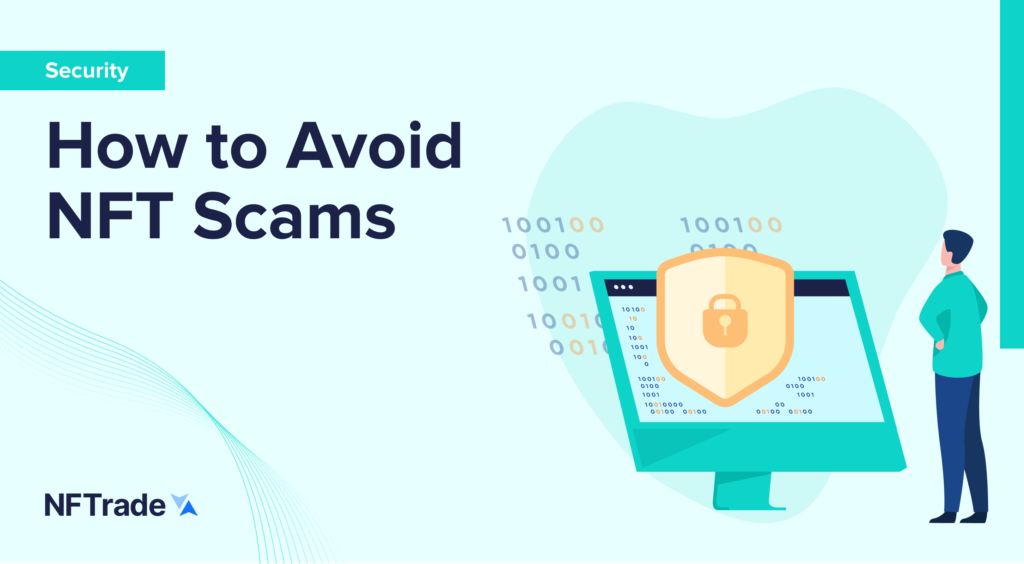Security
How to Avoid NFT Scams

The NFT industry is still in its infancy, and there are still a few kinks to be worked out. While blockchain fanatics see them as a positive indicator that widespread crypto adoption is becoming a reality, scammers and fraudsters see NFTs as a profitable opportunity due to the sheer amount of money involved.
Many NFT buyers are sure that their tokens are safe because of blockchain’s nature as a decentralized, distributed record that can’t be tampered with. However, despite these benefits, NFT owners have to take extra care with their assets, as any mistake made is in the individual’s full responsibility and cannot be overturned.
Let’s go over some ways to avoid NFT scams
Buy from verified collections
When looking to buy a NFT, look for the verified checkmark next to the artist’s profile picture or on the NFT collection. Look up the artist on Twitter, their website, or other social media platforms if they aren’t verified on the marketplace. Some NFTs can be knock-offs of an original, so do your research and avoid purchasing a potential fake.

Before you buy any NFT, be sure to check the project’s history and wallet records to see that there have been some previous successful transactions. This is an instance where the transparency of the blockchain is super helpful. Note the number of transactions and buyers for the NFT collection on the NFT marketplace. You can also use a tool like EtherScan to view all incoming and outgoing transactions on the Ethereum blockchain.
Do your own research
Before initiating an NFT trade, do your homework on every aspect of the project. Search for the project’s Discord and join the community. You can also lookup the project’s Twitter account and follow them. A solid project with strong utility and liquidity will have a good number of involved backers and collectors, as well as a vibrant and dynamic community where fellow collectors discuss, engage, and share knowledge.

Do not respond to any direct message from someone claiming to be an NFT creator, celebrity, or influencer. Creators won’t initiate a private conversation in your DMs unless you first send them a message or reach a special agreement in a Discord channel or public Twitter thread. Always assume someone direct messaging you is a scammer just trying to get your wallet information or cryptocurrency.
Always double-check the collection contract address
Finally, make sure you check to see if the NFT’s contract information matches the same information on the project’s website, Discord, and other social media. This ensures that you are buying the actual collection, and not a fake lookalike.
Always remember, decentralization has its benefits. But if you make a mistake, it’s your full responsibility, and it can’t be overturned.









